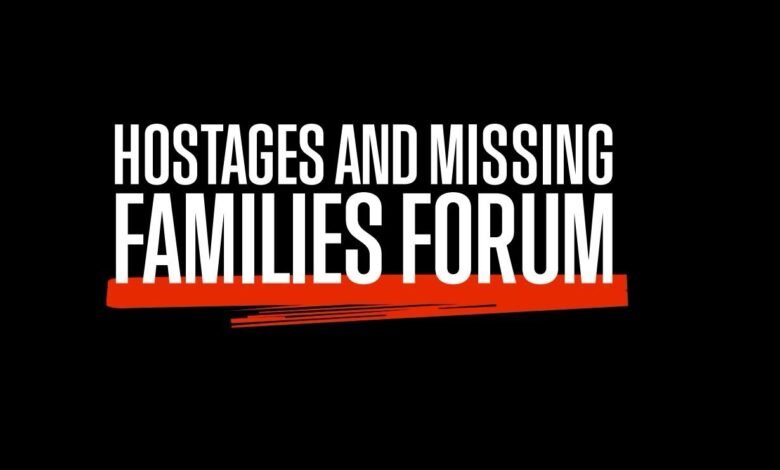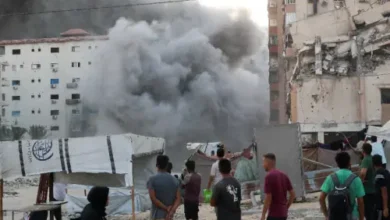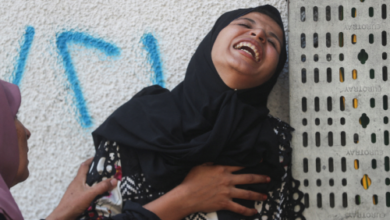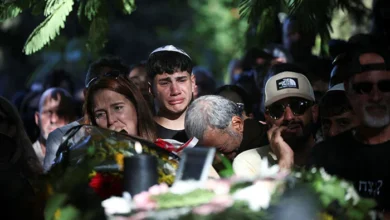Bereavement Amid Uncertainty: Families of Deceased Israeli Hostages Face Ongoing Trauma

As Hamas is expected to return four deceased Israeli hostages today, the Hostages Families Forum has released a report highlighting the profound psychological and physical toll on families of hostages declared deceased, who are trapped in a cycle of ongoing trauma, disrupted bereavement, and prolonged uncertainty.
The report, authored by Dr. Einat Yehene, Senior Rehabilitation Psychologist at the Hostages Families Forum, and Prof. Hagai Levine, Head of the Health Team at the Hostages Families Forum, is based on 17 in-depth interviews with affected families. It reveals severe health and functional deterioration, including anxiety, depression, post-traumatic symptoms, sleep disturbances, and difficulties resuming daily life and work.
Dr. Einat Yehene, Senior Rehabilitation Psychologist, Hostages Families Forum has said in report that: “Families are experiencing a unique form of traumatic bereavement. They were told their loved ones were deceased based solely on intelligence reports, without forensic confirmation. This has left many in a state of chronic uncertainty, prolonging their hope and complicating the grieving process. Some were even asked to sit Shiva and observe mourning rituals, only to later receive conflicting information that disrupted their ability to grieve and find closure. Many families are still unable to accept the loss because they were never given the chance to see, to touch, or to say a final goodbye. Without a grave to visit, without a tangible farewell, the mind clings to any shred of hope, preventing them from moving forward.”
Prof. Hagai Levine, Head of the Health Team, Hostages Families Forum wrote: “This is not just a psychological crisis; it is a public health emergency. These families are mentally imprisoned, their health is deteriorating, and their ability to function has been severely impaired. The only remedy is to bring their loved ones home. We are already seeing the devastating impact—families suffering from emotional burnout, physical illness, and the inability to return to normal life. The pain of not knowing, the inability to fully mourn, is a form of ongoing psychological torture that must end.”
Ruby and Hagit Chen, parents of hostage Itay Chen narrated their ordeal: “Every morning we wake up and try to find new ways to bring Itay back. Our days are filled with meetings, calls to officials in the U.S. and Germany, anything that can help. But as long as we don’t have proof, we cannot start mourning. I buried my father. I sat Shiva for him. I have a grave to visit. But I have no proof that my son is gone. Until I do, I cannot grieve. I dream of him coming back. That is the only version I can accept. I know people look at us with pity, thinking he probably won’t come back alive, but we are not sure of that. And as long as we are not sure, we cannot grieve. We live in an unbearable limbo, unable to let go yet unable to hold on. The world may have moved on, but for us, time has stopped.”



